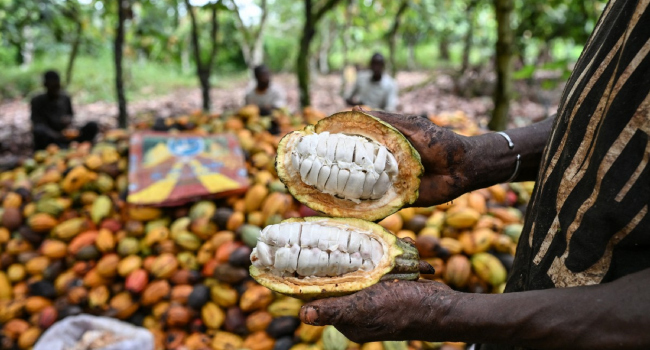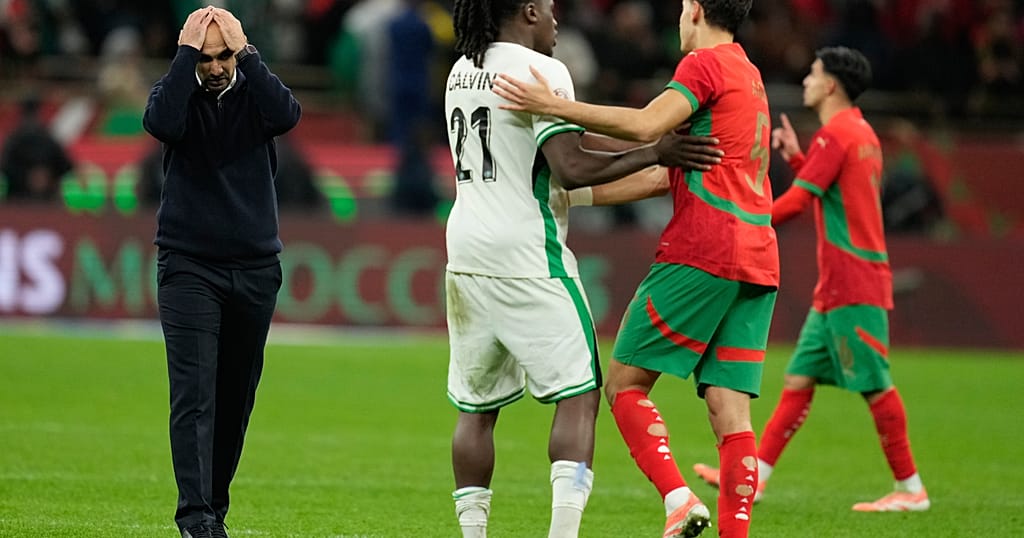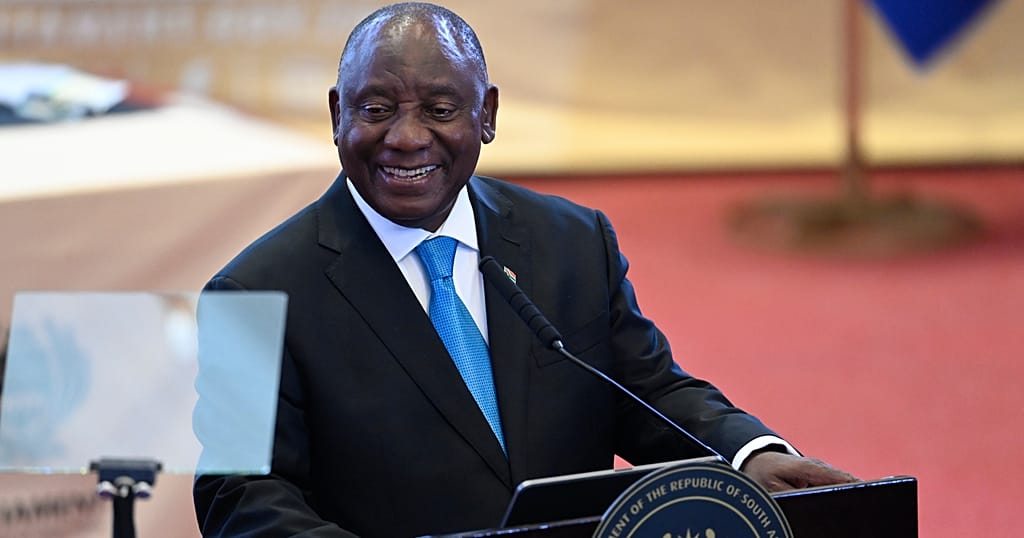The African Democratic Congress (ADC) in Nigeria’s Kebbi State has ousted three top officials, including its chairman, deputy, and secretary, amid accusations of unilateral decision-making and ceding control to external political influences. Engineer Sufiyanu Bala, the suspended chairman, his deputy Junaidu Muhammed Mudi, and secretary Hauwa Muhammed were dismissed following an emergency meeting convened by disgruntled party members who criticized their leadership style.
Speaking at a press briefing in Birnin Kebbi, the state’s capital, ADC publicity secretary Jamilu Muhammed claimed the trio had excluded other executives from critical discussions, undermining the party’s internal democracy. “We announce their immediate suspension for repeatedly acting without collective input,” he declared. Muhammed further alleged the leaders had allowed politicians from Abuja, Nigeria’s capital, to exert disproportionate influence over state-level affairs — a move described as hostile to the party’s founding vision. “After building this party from the ground up, we refuse to let outsiders dominate it,” he emphasized, referencing “Abuja impostors” allegedly seeking to redirect the ADC’s agenda.
The decision followed an extraordinary session attended by long-standing members who accused the suspended officials of sidelining grassroots stakeholders. Interim leaders were swiftly named, with Abdulrazaq Abubakar Isah Iko assuming the role of acting chairman and Adamu Aliyu appointed temporary secretary until a formal congress elects permanent replacements.
The Kebbi ADC branch issued a stern warning to the dismissed officials, demanding they cease identifying as party representatives or organizing events under its banner. It also labeled recent gatherings led by the ousted leaders as unlawful, citing violations of Nigeria’s Electoral Act, which regulates political conduct.
The shakeup highlights growing tensions within regional parties across Nigeria, where concerns over external interference and leadership accountability frequently spark internal conflicts. While the ADC has not clarified how the disputes might affect its political strategy, the move signals efforts by local factions to reclaim autonomy amid broader debates about grassroots versus centralized governance in Nigerian politics.



